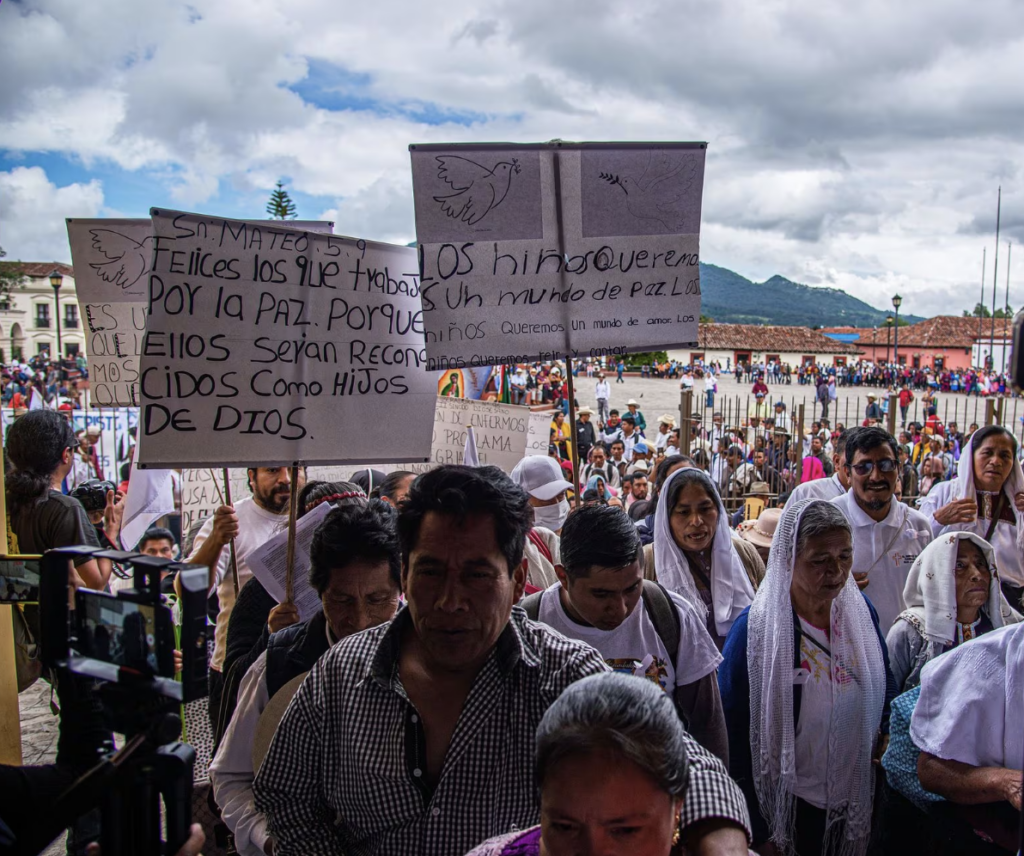President Felipe Calderón sent Senate his proposal for a new Anti-kidnapping Law (Ley Antisecuestro) that will be officially introduced in Thursday’s Senate meeting. The bill contemplates monitoring and placing electronic tracking devices on kidnappers released from prison after serving their sentence as a means to prevent further criminal behavior.
It proposes wiretapping private telephone calls when warranted by an investigation into a kidnapping and when justifiable before a public prosecutor. When required the telecommunication service would have to provide information immediately and may be ordered by Mexico’s Federal Telecommunications Commission (Comisión Federal de Telecomunicaciones), to suspend the phone line. Included is the endorsement of “undercover operations” to infiltrate criminal organizations with the purpose of learning about their operations, the use of anonymous informants, witness protection and support for victims. The reform also proposes that kidnappers serve their sentences in prisons located away from where the crime was committed in order to fraction bands of kidnappers.
Other characteristics:
- Creation of special units by authorities.
- Ability for judges to seize assets belonging to the kidnappers when the products, instruments, or objects sanctioned by law are not localized.
- Extend coordination among the three tiers of government whose challenges are the collection of information.
- Sentence of 30 years to life for individuals who pose as authorities without being so in order to carry out a kidnapping, and whose victims are under age, pregnant, 60 years of age or older, or have a physical or mental disability.
- Prison sentence of 40 years to life for cases in which a victim dies.
- Increase penal severity for public servants, from any public security institute, that participate in the kidnapping of a minor or elderly individual of 70.
- Penalize cover ups with more severity.
Calderón also established different criminal conduct regarding kidnapping such as express kidnapping, the detention of a person as a hostage, the simulation of a kidnapping, intimidation, and others.
The initiative of the decree, which is issued by the General Law to Prevent and Sanction Crimes of Kidnappings (Ley General para prevenir y sancionar los Delitos en materia de Secuestro), would regulate from Fraction XXI of Article 73 of the Political Constitution of the United States of Mexico (Constitución Política de los Estados Unidos Mexicanos); the reform, adds and repeals various provisions of the Federal Code of Criminal Procedures (Código Federal de Procedimientos Penales), the Federal Criminal Code (Código Penal Federal), the Federal Law against Organized Crime (Ley Federal contra la Delincuencia Organizada), the Constitutional law of the Judicial Power of the Confederacy (Ley Orgánica del Poder Judicial de la Federación), the Law of the Federal Police (Ley de la Policía Federal), the Federal Law of Telecommunications (Ley Federal de Telecomunicaciones), and the General Law of the National System of Public Security (Ley General del Sistema Nacional de Seguridad Pública).
In relationship to Calderón’s proposal, the president of the Senate of the Republic, Carlos Navarrete Ruiz, felt very satisfied with the good reception the proposal received when presented. Yet, he clarified that it has been a very long time since a proposal arriving from the Executive office has been approved automatically, that they are discussed, evaluated, and revised with exhaustion. He also said it would be a grave error if they try to freeze the initiative until after this years election. In his opinion, the recent massacre in Ciudad Juarez has impacted the President, showing him the gravity on the insecurity and violence.
Sources:
Notimex. “Admite Senado Ley Antisecuestro de Calderón. Excelsior”. 18 febrero, 2010.
Informador. “Discutirá Senado propuesta de Ley Antisecuestro”. Informador. 18 febrero, 2010.





This was very helpful, thank you!